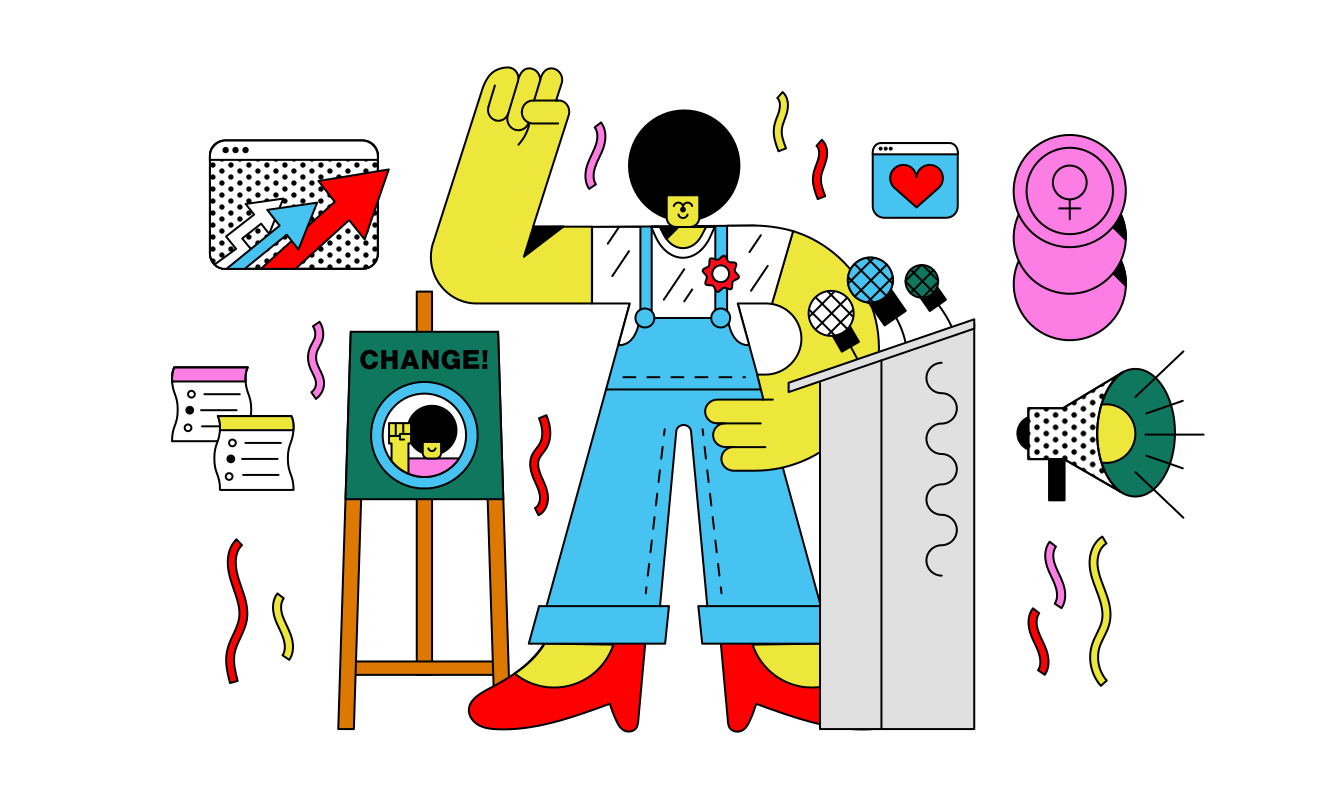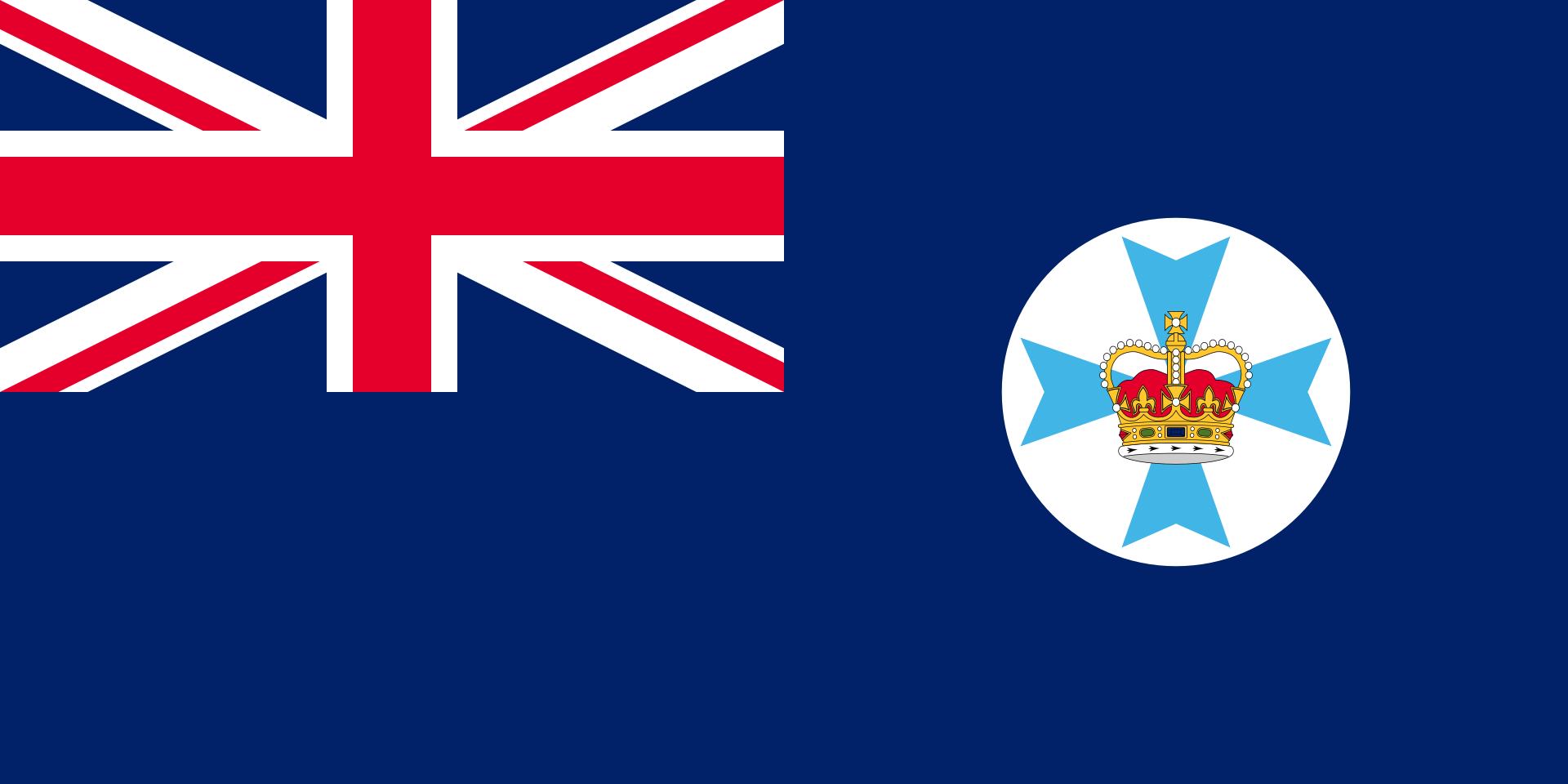Public Consultation

Public consultation is a process by which public's matters are taken into account on a proposal to consider it in the decision-making. The goal is to improve the efficiency, transparency and involvement in a large scale projects or laws policies. It is a very important tool in the policy development process. In most modern democracies, Public consultation is recognized as an important part of the policy-making process and used to provide people in all walks of life a chance to get involved in the work of government.
Over the past years, approaches to public consultation have ranged from short-term programs to meet the regulatory requirements to a longer-term focus on relationship building and proactive risk management. Today, the terms Public Consultation and Stakeholder Engagement are emerging as inclusive and continuous dialogue between a company (or decision-maker) and the public (or stakeholders) that encompasses a range of activities and approaches and spans the entire life of the project.
"Public consultation allows citizens to have a voice and provide feedback to inform policy design and decision-making"
By consulting the public on key issues increases the scope of information available to governments and policy makers to better inform decision making. Engaging with a wide and more diverse set of stakeholders and non-government actors could lead to more effective and legitimate policy outcomes. Public consultations are typically held in Commonwealth countries such as the United Kingdom, Canada, New Zealand or Australia, though most democratic countries have similar systems. In the United States, for example, this process is called "public notice and comment".
Forms of Interaction
"Value of communication is greater when it comes to policy making"
There are three related forms of interaction with interested members of the public. In practice, these three forms of interaction are often mingled with public consultation programmes, complementing and overlapping each other:
- Notification - It involves the communication of information on regulatory decisions to the public, and it is a key building block of the rule of law. It is a one-way process of communication in which the public plays a passive consumer role of government information. Notification does not, itself, constitute consultation, but can be a first step. In this view, prior notification allows stakeholders the time to prepare themselves for upcoming consultations.
- Consultation - It involves actively seeking the opinions of interested and affected groups. It is a two-way flow of information, which may occur at any stage of regulatory development, from problem identification to evaluation of existing regulation. It may be a one-stage process or, as it is increasingly the case, a continuing dialogue. Consultation is increasingly concerned with the objective of gathering information to facilitate the drafting of higher quality regulation.
- Participation - It is the active involvement of interest groups in the formulation of regulatory objectives, policies and approaches, or in the drafting of regulatory texts. Participation is usually meant to facilitate implementation and improve compliance, consensus, and political support. Governments are likely to offer stakeholders a role in regulatory development, implementation and/or enforcement in circumstances in which they wish to increase the sense of “ownership” of, or commitment to, the regulations beyond what is likely to be achieved via a purely consultative approach.
Types of Public Consultation
A vast array of public consultation methods exists depending on the purpose of the consultation and ranging in level of involvement of the participants. Fraussen et al. (2020) suggest that there are three key consultation approaches.
- Open - This approach involves utilizing tools that promote unlimited “self-selected” involvement by all participants who wish to contribute, regardless of association, e.g., from private citizens to specific interest groups or public institutions. This will allow to gather feedback from a wide range of stakeholders as possible.
- Closed - A closed consultation applies exclusively to targeted, well-defined stakeholder groups invited to participate, such as expert groups.
- Hybrid - This consultation approach combines elements of both open and closed consultation tools, and typically attracts more stakeholders and thus implies a more rigorous consultation process in general.
"The good thing about public consultation is that it can take place at practically any stage of the policy cycle"
Public Consultation in Action
United Kingdom

The United Kingdom’s 2016 cabinet consultation policy states that, “Public consultation is not simply about more open government. It is about making policies more strategic and effective by listening and taking on board the views of the public and interested groups. Public consultation should promote a two-way communication process, in which all parties listen and contribute views, information and ideas, in a process of critical reflection and dialogue. Both provide opportunities for genuine listening, respectful of all views and opinions”. It further holds that “Consultation should occur when policies can be influenced and views provided are able to be used to inform decisions.”
Bahamas

In The Bahamas, there have been recent examples where input from civil society and private industry has influenced legislation and policies for the better, including The Freedom of Information Act, The VAT implementation, relief efforts for Hurricanes Joaquin and Matthew, The Disabilities Act and amendments to the Employment an Industrial Labor Relations Act.
Public input is recognized as a critical need in the future success of the country. Even the Bahamas National Development Plan 2040 has put forth the objective that “The Bahamas must promote greater civic engagement and education at all levels of society to strengthen democracy”.
Queensland, Australia

“Queensland Regulations: Have Your Say” is a regulatory communications system that acts as early warning device for impending regulatory activity by the Government. It has been introduced to assist business and the community to become involved early in the consultation process by clear public disclosure of the Government’s regulatory intentions. The system is an interactive Web-based system which enables Government agencies to place information about regulatory proposals on the Department of State Development’s Web site (www.sd.qld.gov.au/qldregulations). It also enables interested parties to respond through the system direct to an agency’s proposal.
In addition, a one-stop-shop referral service, the Business Referral Service, has been implemented to provide business with access to detailed information and advice on government regulations, particularly compliance matters. The Business Referral Service enables business owners and operators, with complex compliance queries, direct access to relevant experts within Government. The service is incorporated in the Department’s Smart Licence suite of services.
Implementing Public Consultation
In this digital era it is easier and cost efficient to implement public consultation through digital participation. Our digital participation tools enable easy collaboration and decision-making, impacting the way we make decisions – and closing the gap between the community and the decision-makers. The new, digitized world connects people within all kinds of communities and organizations.
PopuliHub is an easy-to-use participation platform powered by the Decidim technology. It provides you with all the technical equipment to create digital participation experiences. It is reliable, trustworthy, well maintained and technically flexible to suit any participation needs.